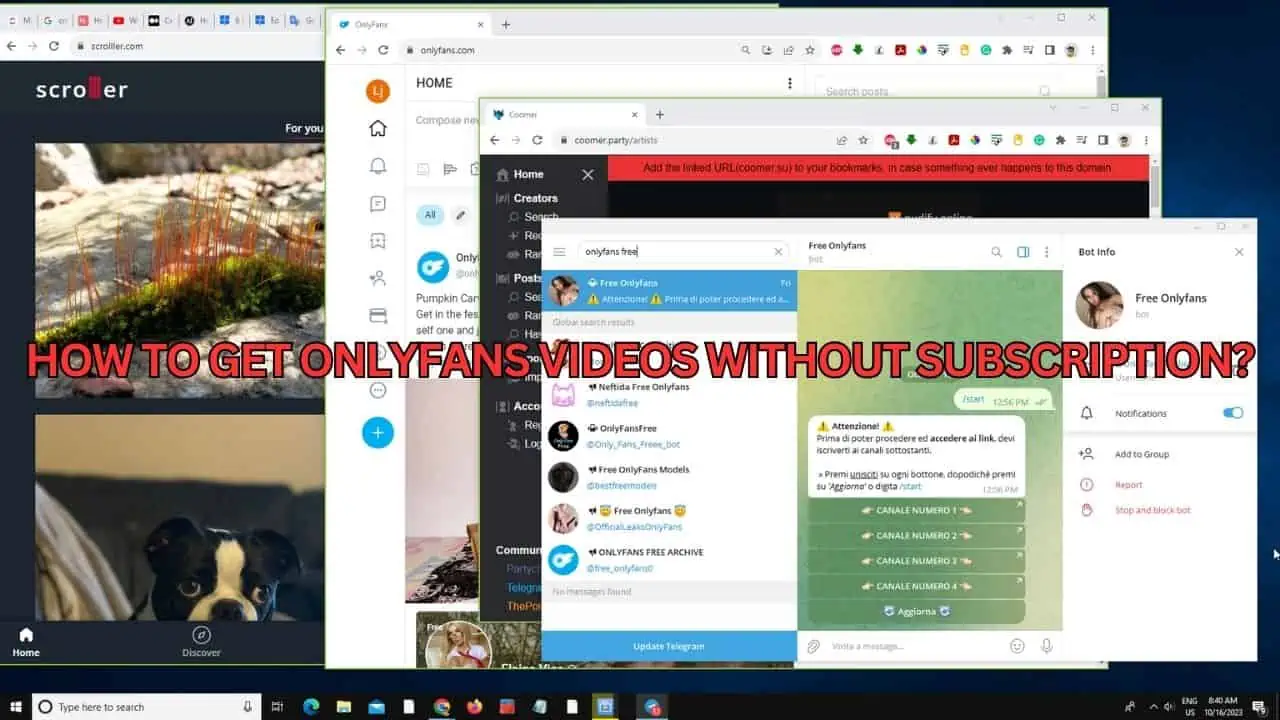Microsoft announces new Azure Cognitive Services capabilities
2 min. read
Published on
Read our disclosure page to find out how can you help MSPoweruser sustain the editorial team Read more

Microsoft yesterday announced new capabilities within Azure Cognitive Services to help developers build the next generation of AI applications. Microsoft announced the general availability of Form Recognizer and Custom Commands, new Neural Text to Speech voices and the preview of Text Analytics for health. You can find more details on the Azure Cognitive Services updates below.
Text Analytics for health:
This is a new feature of Text Analytics will allow anyone to extract rich insights and relationships from unstructured medical data.
Trained on a diverse range of medical data—covering various formats of clinical notes, clinical trials protocols, and more—the health feature is capable of processing a broad range of data types and tasks, without the need for time-intensive, manual development of custom models to extract insights from the data.
Form Recognizer General Availability:
Form Recognizer is now generally available for developers. You can use it to extract information from the unstructured data contained in forms that have tables, objects, and other elements. These types of documents typically take manual labeling by document type or intensive coding to extract insights.
Custom Commands General Availability:
Custom Commands is now generally available for developers. It allows you to create task-oriented voice applications easily for command-and-control scenarios that have a well-defined set of variables, like voice-controlled smart home thermostats.
New Neural Text to Speech voices:
Neural Text to Speech is expanding language support with 15 new natural-sounding voices based on state-of-the-art neural speech synthesis models: Salma in Arabic (Egypt), Zariyah in Arabic (Saudi Arabia), Alba in Catalan (Spain), Christel in Danish (Denmark), Neerja in English (India), Noora in Finnish (Finland), Swara in Hindi (India), Colette in Dutch (Netherland), Zofia in Polish (Poland), Fernanda in Portuguese (Portugal), Dariya in Russian (Russia), Hillevi in Swedish (Sweden), Achara in Thai (Thailand), HiuGaai in Chinese (Cantonese, Traditional) and HsiaoYu in Chinese (Taiwanese Mandarin).









User forum
0 messages